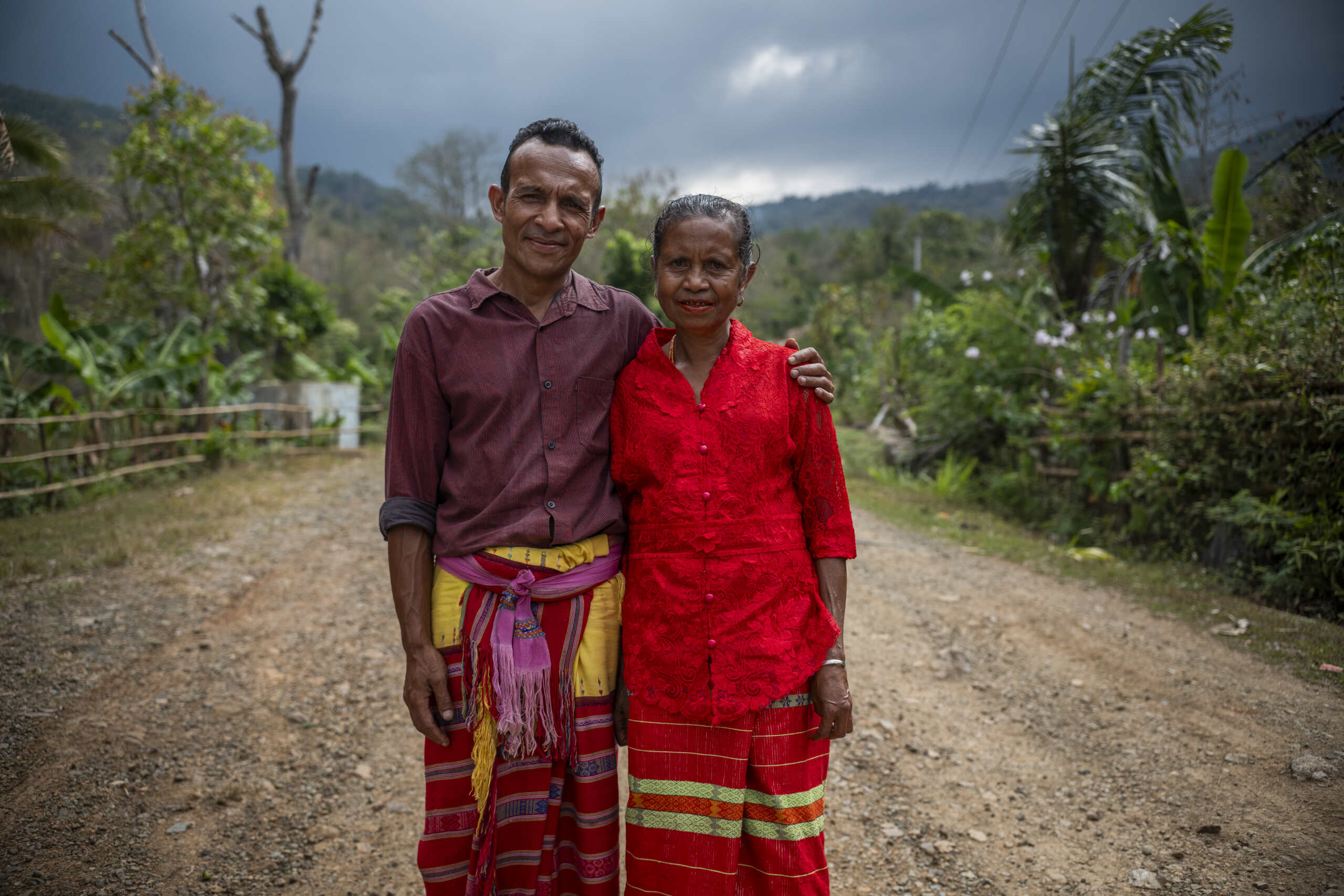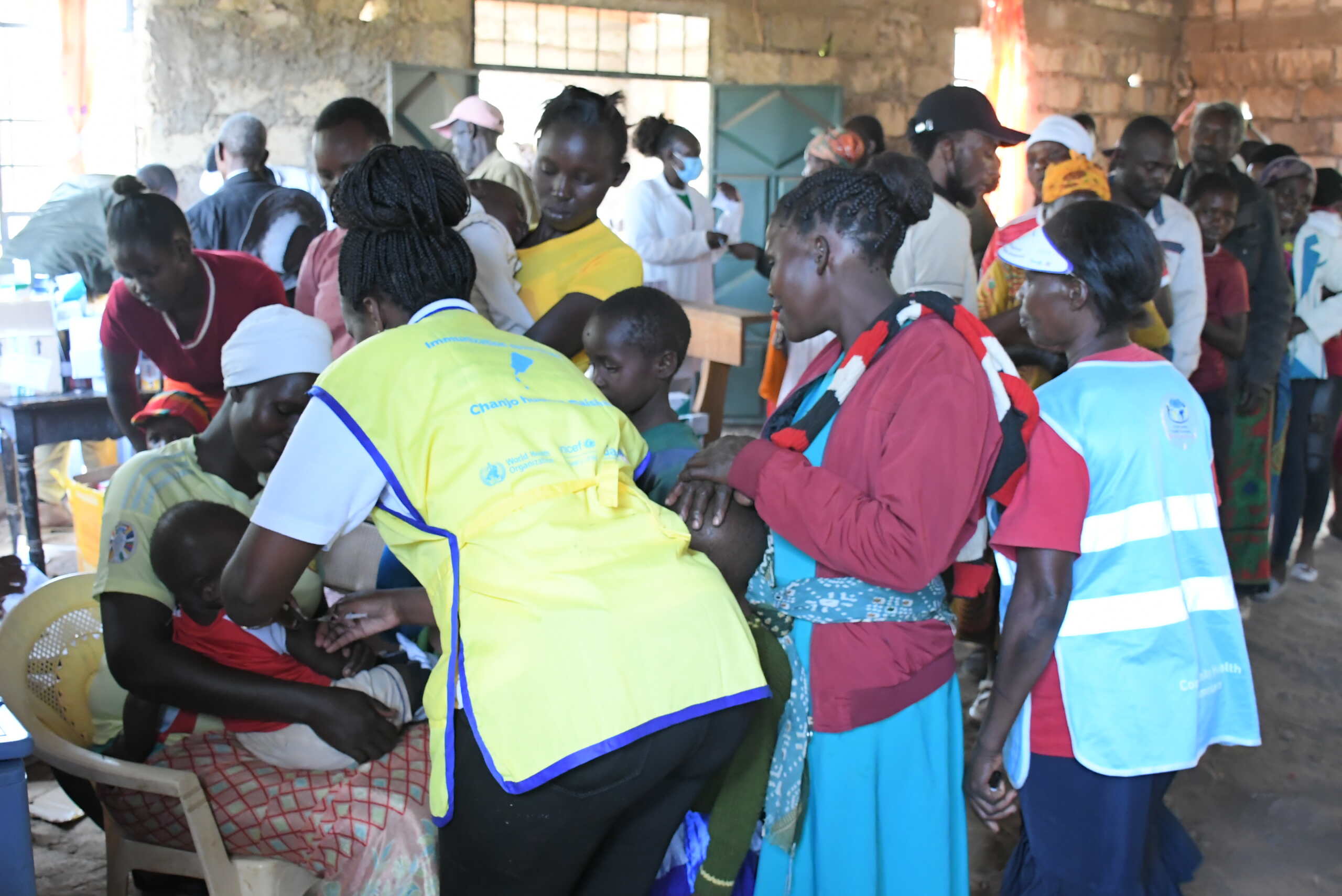Nazir’s Story
Stories | March 20, 2023
Dreams make us human: when we lose our dreams, it can be easy to lose hope.
Nazir was working towards his goal of completing university with a degree in information technology (IT) at a university in Indonesia.
But when his father fell ill and his mother could not support the family on her own, he stopped studying and went home to be with his family.
After leaving university, Nazir felt quite depressed and started hearing voices and feeling very disconnected from people. He became so unwell that he had to attend the regional mental health hospital many times, and became deeply unhappy.
“When I was not well, I felt an inferior feeling inside,” Nazir said.
Throughout this time, only his family knew that he had a psychosocial disability.*
Nazir didn’t have friends, wasn’t participating in social activities, and felt like he had no hope.
After becoming unwell, Nazir needed support to become well enough to work. CBM Australia, with Aceh Project partner PASKA, was able to help. PASKA is a partner organisation of CBM, and works with people with psychosocial disability* to achieve their livelihood goals.
But what was CBM Australia’s role in working with Nazir?
Community Based Inclusive Development (CBID)
Our CBID approach works to remove the barriers that limit people with disabilities from participating in society, and enjoying the same human rights as everyone else.
The kinds of opportunities CBID offers people include:
- Working with them to get involved with community groups.
- Supporting them to participate in social activities, and supporting communities to understand the rights, abilities and potential of people with disabilities.
When a community organiser from PASKA met Nazir, they saw he had low confidence and needed support. But they weren’t quite sure what he needed.
This is why supporting Nazir in the beginning involved regular visits to his home. Nazir and his mother both appreciated that the community organiser took the time to build a relationship with him and his family.
“I was very happy when the community organiser came because they never asked for anything, also because my mother was very supportive too,” Nazir said.
Disability awareness training for local business owners
In the meantime, project staff were providing disability awareness training to local business owners. From this, Taufik, a local business owner, said he wanted to train Nazir.
Over time, the PASKA community organiser encouraged Nazir to start an internship with Taufik. Here, Nazir would learn to paint steel, cut rods and weld in a workshop.
At the start of his internship, Nazir felt very anxious. But Taufik was very supportive, and over time, Nazir successfully developed many useful skills in the workshop.
Dreams evolve from passion, circumstance and supportive friends
When Nazir finished his internship, Taufik recognised how patient and skilled Nazir was at his job. This is why, at the end of his internship, Taufik offered Nazir a paid position. Nazir now works full time in the welding business, earns his own income and is very happy.
“I can live and work and be independent,” Nazir said. “I’m not dependent on my family anymore.”
He enjoys the interactions with other employees and clients, and has also developed friendships over time.
Employment and income-generating opportunities are not ‘cures’ for mental health issues or psychosocial disabilities – and many people with such issues would not want this. But these opportunities are known to improve the lives and outcomes for people with disabilities.
Nazir’s hopes for his future
Now, Nazir has lots of dreams. These include having his own workshop, getting married, and saving enough money to return to university one day.
“I wish the program could run in other villages so other people with a disability can be independent too,” Nazir said.
Learn more about CBM Australia’s work with people with psychosocial disabilities
This project is supported by the Australian Government through the Australian NGO Cooperation Program (ANCP) and loyal CBM Australia supporters.
* ‘Psychosocial disabilities’ refer to people who have received a mental health diagnosis, and who have experienced negative social factors including stigma, discrimination and exclusion. People living with psychosocial disabilities include ex-users, current users of the mental health care services, as well as persons that identify themselves as survivors of these services or with the psychosocial disability itself. Source: World Health Organisation
https://www.cbm.org.au/stories/nazirs-story
Related Stories

How CBM is making a difference in Indonesia
For more than 45 years, CBM Global has been working alongside communities in Indonesia to ensure people with disabilities...

Coordinating inclusive health outreach in Meru County
For many households in Meru’s rural and remote areas, basic health services are physically...

Share your advocacy preferences with us
Thank you for helping us to advocate for the one billion people with disability globally. CBM Australia advocate across...
